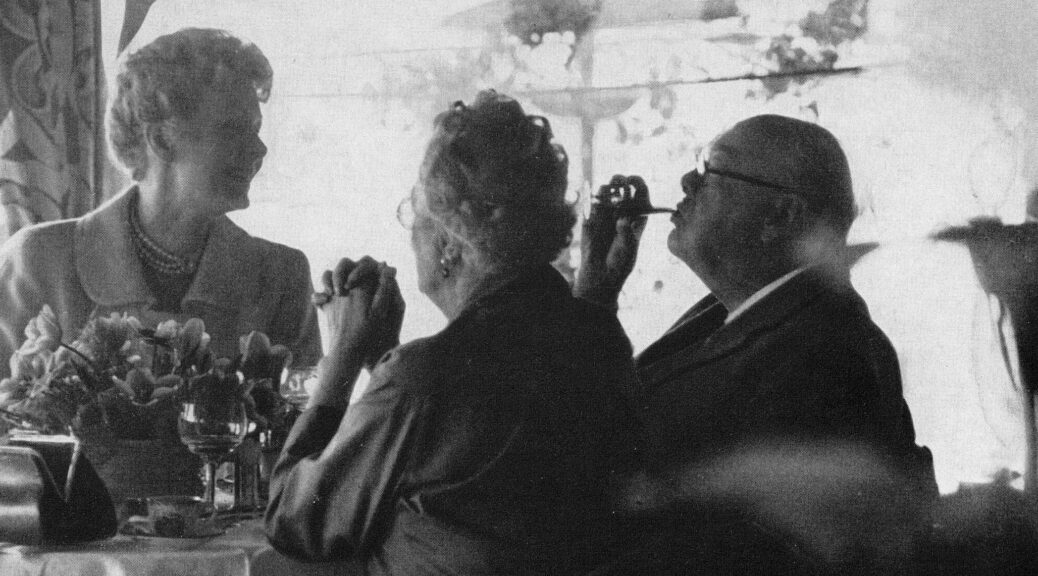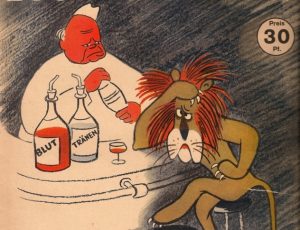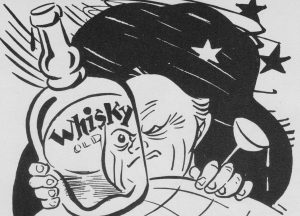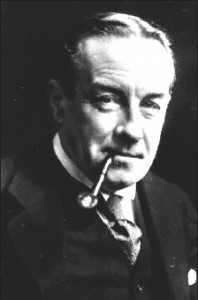
Updates: Was Churchill an Alcoholic? Spirits, Pipes, Cigarettes
”Winston could not possibly be an alcoholic. No alcoholic could drink that much.” —C.P. Snow

Alcoholic rambles
Updates from 2009-2010. A reader asks whether William Manchester was being factual or just cute when he wrote that Churchill was not an alcoholic, despite the quantities WSC is alleged to have consumed. Manchester wrote:
The legend that he is a heavy drinker is quite untrue. Churchill is a sensible if unorthodox drinker. There is always some alcohol in his bloodstream and it reaches its peak in the evening after he has had two or three scotches, several glasses of champagne, at least two brandies, and a highball.
Manchester was right in general but wrong in the details. Churchill had an impressive capacity for alcohol, but nobody saw him put that much away in one evening. Field Marshal Alanbrooke several times wrote that the boss was plastered—but Brookie wrote a lot of bad-tempered things in his diary late at night when he was tired and frustrated from arguing over strategy.
A dearth of proof
None of his family or friends ever saw Churchill the worse for drink. Only once do we have reliable testimony otherwise: Danny Mander, one of his bodyguards at Teheran, recalled escorting a well-lubricated Churchill and Anthony Eden home after a lengthy series of toasts with the Russians. Even then, Mander was careful to note: “They were not ‘falling down drunk,’ just singing songs and feeling good.”
Churchill’s alcoholic intake was exaggerated, not least by himself. Whatever the amount, it was not enough to affect him. He began young. Until age twenty-five, he wrote in My Early Life, he had found whisky repugnant. Then in 1898, he joined the Malakand Field Force on India’s Northwest Frontier:
[T]here was nothing to drink, apart from tea, except either tepid water or tepid water with lime juice or tepid water with whisky. Faced with these alternatives I “grasped the larger hope.…” Wishing to fit myself for active-service conditions I overcame the ordinary weaknesses of the flesh. By the end of these five days I had completely overcome my repugnance to the taste of whisky.*
*WSC, My Early Life (London: Thornton Butterworth, 1930), 140-41.

“The Papa Cocktail”
Churchill nursed “a bit of whisky” daily and for hours. His daughter Mary once mixed for me what she called “The Papa Cocktail.” You cover the bottom of a tumbler with a thimbleful of scotch, then fill it with water. Not even any ice! I thought the result was quite disgusting. (She agreed.)
Churchill’s private secretary, Jock Colville, referred to this concoction as “scotch-flavoured mouthwash.” A glass of it was almost always at his elbow, sipped from time to time—giving outsiders the impression that he was addicted.
It is simply not so. In his autobiography, WSC is for once candid on his drinking: “I had been brought up and trained to have the utmost contempt for people who got drunk—except on very exceptional occasions and a few anniversaries.”
Exaggerations
Certainly Churchill liked to fan his high capacity. A frequent declaration was: “I have taken more out of alcohol than alcohol has taken out of me.” Enemies from Labour politicians to Nazi Propaganda Minister Goebbels took this to suggest a red-nosed drunk. Churchill was occasionally wont to play the role.
“Prof!” he often exclaimed to his scientific advisor Frederick Lindemann over dinner. “Pray calculate the amount of champagne, whisky and other spirits I have consumed in my life and tell me how high it would reach in this room.”
The Prof would take out his slide rule and pretend to calculate: “I’m sorry Winston, it would only come up to a few inches.” On cue Churchill would reply: “How much to do—how little time remains!”
Some who exaggerate his drinking like to quote his famous encounter with Bessie Braddock MP. Accosting Churchill leaving the House of Commons, she claimed he was “disgustingly drunk.” Churchill retorted that Bessie was “disgustingly ugly….but tomorrow I shall be sober and you shall still be disgustingly ugly.”
His bodyguard at the time, Ronald Golding, told me this exchange actually took place. But, he added, “Mr. Churchill was not drunk, just tired and wobbly.” Nor was WSC’s response original. In the 1934 film It’s a Gift, the W. C. Fields character, when told he is drunk, responds: “Yeah, and you’re crazy. But I’ll be sober tomorrow and you’ll be crazy the rest of your life.”
A shunner of pipes?
A reader sent me a Daily Telegraph article stating that Churchill occasionally smoked a pipe as a break from cigars: “I can find no reference to him having ever smoked a pipe—can you?” I cannot.
I think the Telegraph story is a stretch. There is no testimony to Churchill ever smoking a pipe. There are indications that he deplored pipe smoking (though he tolerated it from Sir Arthur Tedder). Some believe this arose through his antipathy (which grew in the early 1930s) to Prime Minister Stanley Baldwin.

By looking for Baldwin references, I found a key cigar-and-pipe standoff between Churchill and “SB” in 1924, when they were on better terms, in Martin Gilbert‘s Winston S. Churchill, vol. 5, page 59 quoting Churchill (from an unpublished note) after the 1924 general election. Baldwin was forming his new Conservative government:
I was shown into the Prime Minister’s office. After a few commonplaces I asked him whether he minded the smoke of a cigar. He said “No,” and pulled out his famous pipe. Then he said “Are you willing to help us?” I replied guardedly, “Yes, if you really want me.”
I had no intention of joining the Government except in some great position, and I had no idea—nor had anyone else—what was in his mind. So when he said, “Will you be Chancellor of the Exchequer?” I was astonished. I had never dreamed my credit with him stood so high…. I should have liked to have answered, “Will the bloody duck swim?” but as it was a formal and important conversation I replied, “This fulfils my ambition….”
Undoubtedly at that point, Churchill would have happily smoked Baldwin’s pipe himself.
What about cigarettes?
There are indications that he deplored Virginia cigarettes, though he smoked stronger cigarettes early in his youth and at least once later. I was a proofreader for Paul Reid’s Defender of the Realm 1940-1965, the third volume of The Last Lion. In it I found the first reference to Churchill smoking cigarettes.
Paul cited a comment by Jock Colville from 1943, after WSC had met with Turkish President İnönü. Despite mutual cordiality, İnönü had refused to enter the war. Colville found WSC puffing a Turkish cigarette—the only time he’d ever been seen with with one. Gesticulating with it, Churchill said, “It’s the only thing I ever got from the Turks.”
Further reading
Michael McMenamin, “The Myth of Churchill and Alcohol: A Distortion of the Record,” 2018. This is the most comprehensive article I have encountered on the subject. Next to the Bengal Famine, it draws the most reader comment on the Hillsdale College Churchill Project.
“The Alcohol Question—Again,” 2011.
“Churchill the Drunk. Or: Fasten Seatbelts on Bar Stools,” 2022.







One thought on “Updates: Was Churchill an Alcoholic? Spirits, Pipes, Cigarettes”
Dear Richard, your article has me riced an old curiocity: has WSC ever drank beer? In all books that I read—and those are an important lot—I have never found such reference. It’s possible that sir Winston considered beer as a proletarian drink? All my best, Patrizio.
–
Always a pleasure to hear from you, Patrizio. I recall several mentions, but correct, he was not a beer drinker. However, he did appreciate those who liked it. E.g., Prime Minister to Secretary of State for War, 23 October 1944:
“A serious appeal was made to me by General Alexander for more beer for the troops in Italy. The Americans are said to have four bottles a week, and the British rarely get one. You should make an immediate effort, and come to
me for support in case other departments are involved. Let me have a plan, with time schedule, for this beer.”
All the best, Richard.
Comments are closed.